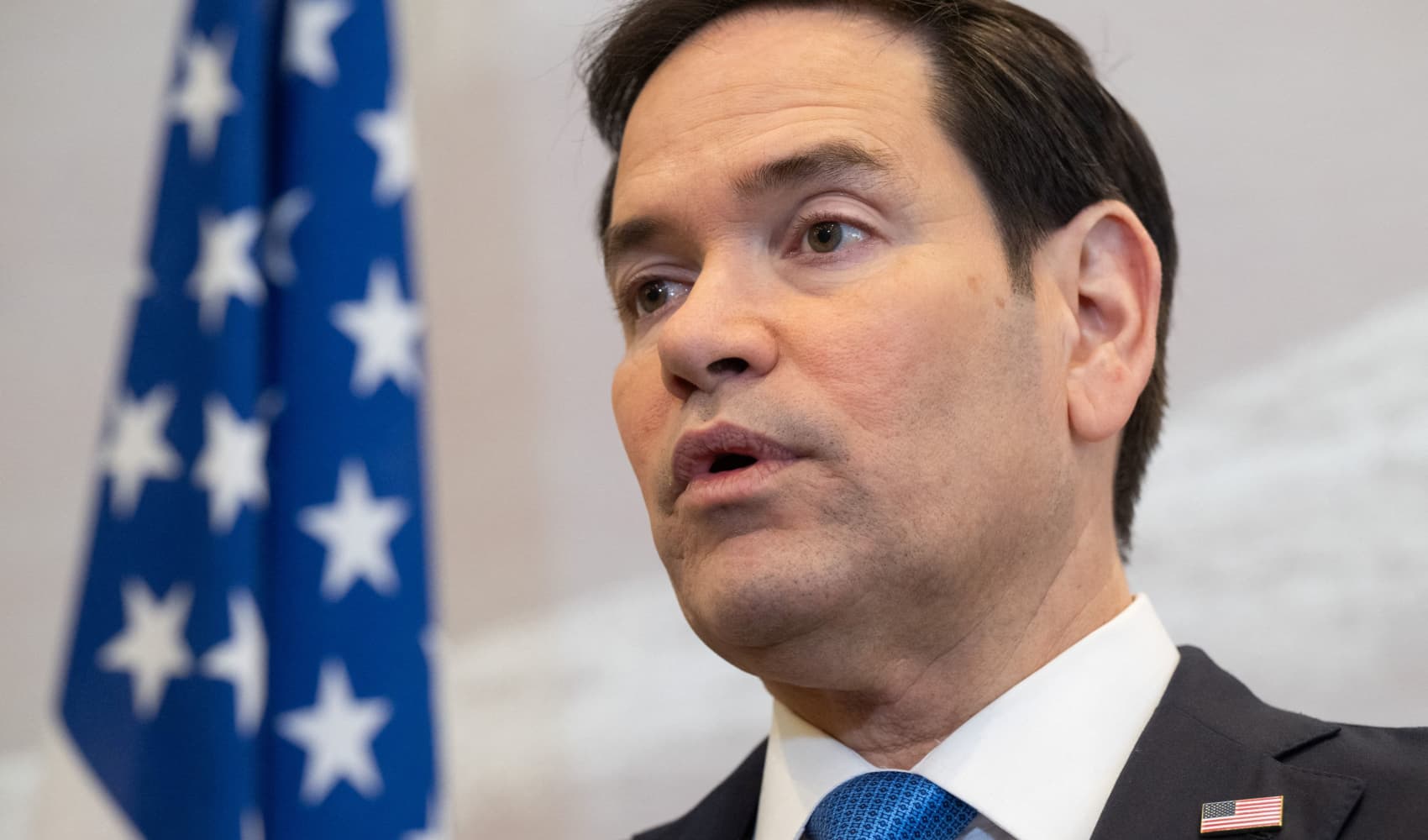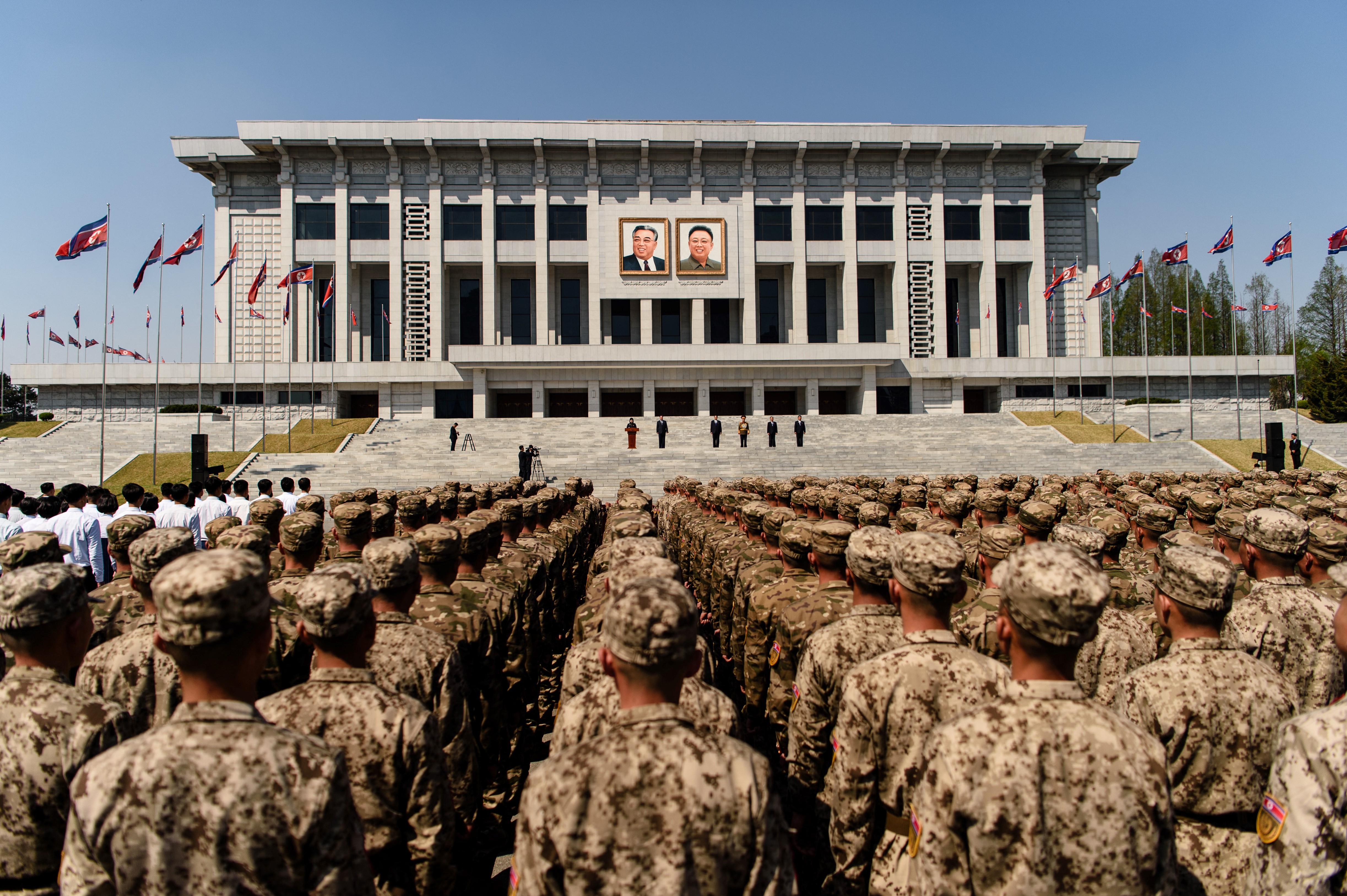Russia-Ukraine War: Rubio Warns of "Critical" Negotiation Week
Rubio Warns: Critical Week Ahead for Russia-Ukraine War Negotiations
The Brink of a Breakthrough? Analyzing Rubio's Stark Warning
The situation in Eastern Europe remains incredibly tense, doesn't it? With the ongoing conflict between Russia and Ukraine, the world holds its breath, hoping for a peaceful resolution. But just how close are we to that elusive peace? According to U.S. Secretary of State Marco Rubio, the coming week is "very critical" in the context of Russia-Ukraine war negotiations. What exactly does that mean, and what are the potential outcomes?
Trump's Diplomacy-First Approach: A Risky Gamble?
Rubio's recent statements shed light on the Trump administration's strategy in dealing with the conflict. He emphasized that President Trump hasn't imposed penalties on Russia because he wants "to see that this effort works out in diplomacy." This raises a crucial question: Is this a patient, strategic approach, or a risky gamble that could embolden Russia further?
Understanding the Rationale Behind Delayed Sanctions
Why would the U.S. hold back on sanctions? The reasoning seems to be that imposing penalties now could be seen as abandoning the diplomatic process. Think of it like trying to build a house – you wouldn't knock down the frame before seeing if you could finish the roof, right? Rubio suggested that enacting sanctions would be akin to "walking away from it." The administration appears to believe that diplomacy still holds a glimmer of hope.
"Real Progress" and the "Hardest Steps": Navigating the Final Stages
Rubio stated that Trump has "made real progress" in nearing an end to the war. But he quickly added a crucial caveat: "Those last couple steps of this journey were always going to be the hardest ones." This paints a picture of negotiations that have come a long way but are now facing the most significant hurdles. What makes these final stages so challenging?
The Intricacies of Geopolitical Negotiations
Imagine negotiating the price of a car – you might agree on the general terms, but then get stuck on the details, like the warranty or the included accessories. Similarly, in geopolitical negotiations, agreeing on principles is one thing; hammering out the specifics – territory, security guarantees, and future relations – is where the real battle lies.
A Crucial Decision Looms: Will the U.S. Stay Involved?
Perhaps the most significant revelation from Rubio's statement is that the White House this week could determine "whether this is an endeavor that we want to continue to be involved in." This suggests a potential shift in U.S. policy, raising serious questions about the future of the peace process. What factors will influence this decision?
Weighing the Costs and Benefits of Continued Engagement
For the U.S., remaining involved in the negotiations comes with its own set of costs – diplomatic capital, political pressure, and the risk of being perceived as weak if the efforts fail. On the other hand, withdrawing could be seen as abandoning Ukraine and allowing Russia to further destabilize the region. It’s a delicate balancing act.
The Role of International Pressure: Sanctions as a Tool
While the U.S. has held back on sanctions thus far, other nations and international organizations have imposed their own measures against Russia. The question is, have these sanctions been effective? And could further coordinated action be the key to pushing Russia towards a peaceful resolution?
Examining the Effectiveness of Existing Sanctions
Think of sanctions as a financial tourniquet – they're meant to restrict the flow of resources and pressure the target to change their behavior. However, their effectiveness depends on several factors, including the scope of the sanctions, the willingness of other nations to enforce them, and the target's ability to find alternative sources of support.
Ukraine's Perspective: A Nation Caught in the Crossfire
It’s crucial to remember that at the heart of this conflict is Ukraine, a nation whose sovereignty and territorial integrity have been violated. What does Ukraine want from these negotiations? And how much influence does it have in shaping the outcome?
Balancing Security Concerns with Diplomatic Realities
Ukraine understandably wants to ensure its future security and prevent further Russian aggression. However, it also needs to be realistic about what can be achieved through negotiations. It's a difficult balancing act, requiring both firmness and flexibility.
Russia's Stance: What are Putin's Objectives?
Understanding Russia's objectives is crucial to understanding the dynamics of the negotiations. What does Putin hope to achieve in Ukraine? Is he willing to compromise, or is he seeking to achieve his goals through military force?
Analyzing Putin's Geopolitical Calculations
Putin's actions are often driven by a desire to restore Russia's influence in the region and push back against what he sees as Western encroachment. His calculus likely involves assessing the costs and benefits of continued military action versus reaching a negotiated settlement.
The Potential Outcomes: From Peace to Escalation
The coming week could see a range of outcomes, from a breakthrough agreement to a complete breakdown of negotiations. What are the most likely scenarios, and what would be the consequences of each?
Worst-Case Scenario: Renewed Escalation of Conflict
The worst-case scenario is a renewed escalation of the conflict, with increased fighting and further loss of life. This could trigger a wider regional crisis and further strain relations between Russia and the West.
Best-Case Scenario: A Framework for Lasting Peace
The best-case scenario is a breakthrough agreement that establishes a framework for lasting peace. This would likely involve compromises from all sides, including security guarantees for Ukraine, a ceasefire agreement, and a roadmap for resolving outstanding territorial disputes.
The U.S. Role Moving Forward: Leading from the Front or Stepping Back?
Regardless of the outcome of the coming week's deliberations, the U.S. will continue to play a significant role in shaping the future of the region. The question is, will the U.S. lead from the front, actively pushing for a peaceful resolution, or will it step back, allowing other actors to take the lead?
Maintaining U.S. Credibility on the World Stage
The U.S.'s actions in this conflict will have significant implications for its credibility on the world stage. How it handles this situation will send a message to both allies and adversaries about its commitment to upholding international law and promoting peace.
The Impact on Global Security: A Wider Geopolitical Ripple Effect
The conflict in Ukraine is not just a regional issue; it has far-reaching implications for global security. What are the potential ripple effects of this crisis, and how could it reshape the international order?
The Future of European Security Architecture
The conflict has already shaken the foundations of European security architecture. It has raised questions about the effectiveness of existing security alliances and prompted a reassessment of defense strategies.
Conclusion: A Week of High Stakes and Uncertain Outcomes
Marco Rubio's warning underscores the high stakes involved in the Russia-Ukraine war negotiations. The coming week will be critical in determining whether diplomacy can succeed in ending the conflict. Trump's strategy of prioritizing diplomacy over sanctions hangs in the balance, and the U.S. faces a crucial decision about its continued involvement. The potential outcomes range from a breakthrough towards lasting peace to a renewed escalation of violence, with profound implications for global security. Only time will tell what the next chapter holds.
Frequently Asked Questions (FAQs)
Here are some frequently asked questions about the Russia-Ukraine war negotiations:
- Why hasn't the U.S. imposed more sanctions on Russia? The Trump administration believes that imposing sanctions now would undermine the diplomatic process and potentially derail efforts to reach a peaceful resolution. They want to give diplomacy a chance to work.
- What does Ukraine want from these negotiations? Ukraine wants to ensure its future security and prevent further Russian aggression. This includes guarantees of its sovereignty and territorial integrity.
- What are Russia's main objectives in Ukraine? Russia's objectives are complex, but likely involve restoring its influence in the region, pushing back against Western encroachment, and securing its own strategic interests.
- What is the worst-case scenario for the negotiations? The worst-case scenario is a renewed escalation of the conflict, with increased fighting and further loss of life. This could trigger a wider regional crisis.
- How could the conflict in Ukraine impact global security? The conflict has far-reaching implications for global security, potentially reshaping the international order and impacting the future of European security architecture.

